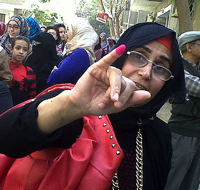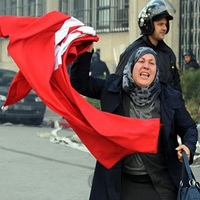
The young men and women who took over Cairo’s Tahrir Square in late-January electrified the Arab world with their calls for building a new Middle East. When their peaceful protests subsequently toppled Egyptian President Hosni Mubarak, they took the first step toward moving their country from decades of autocratic rule into a future of democracy. Six weeks into that future, the forces of liberal democracy have suffered their first major defeat. On Saturday, Egyptians by the millions went to the polls to cast their vote on proposed changes to the constitution. The progressive leaders of the uprising struggled to get […]


